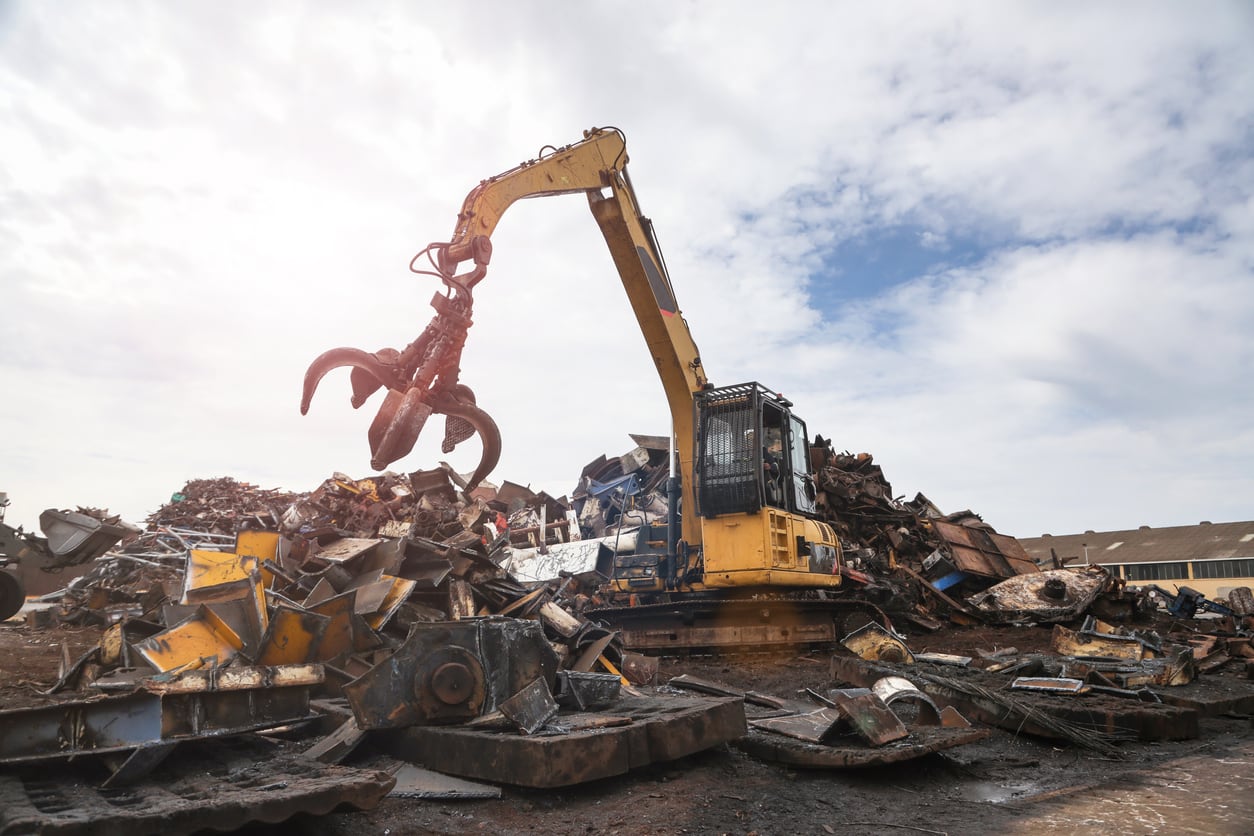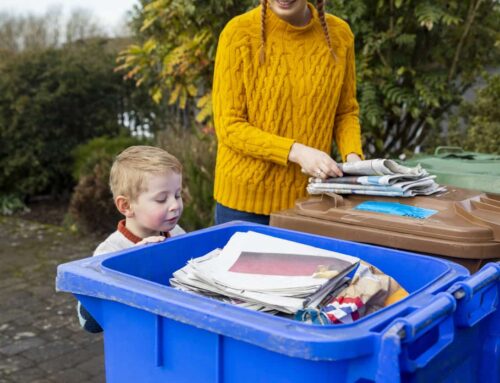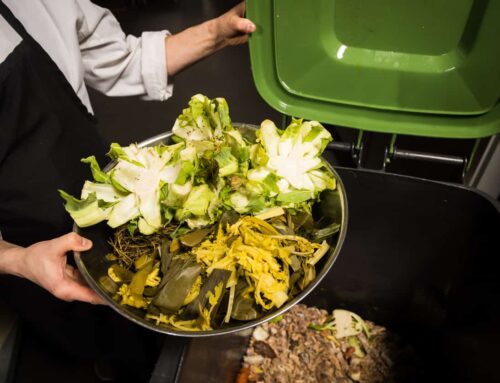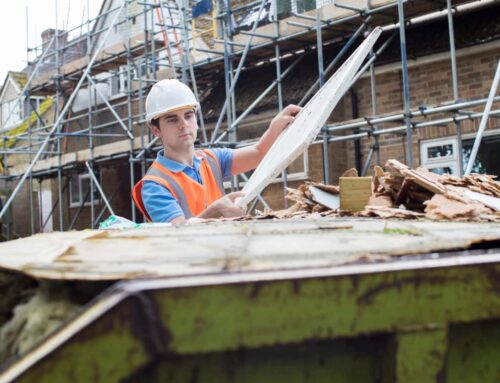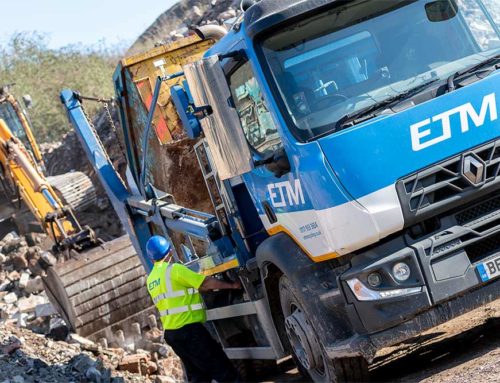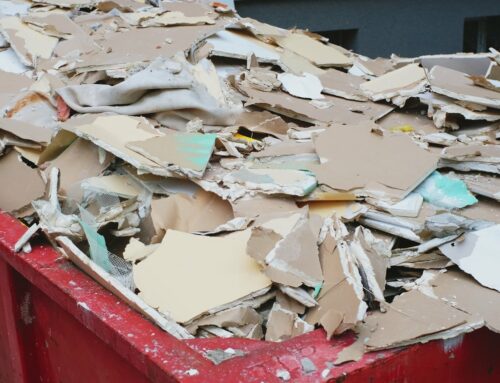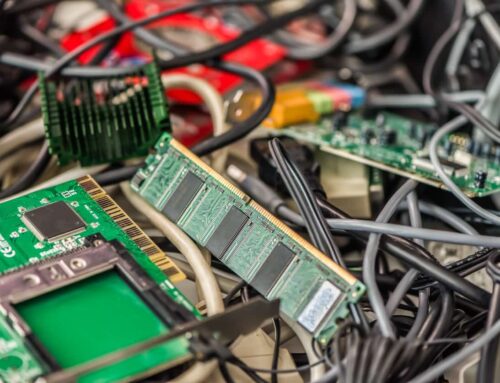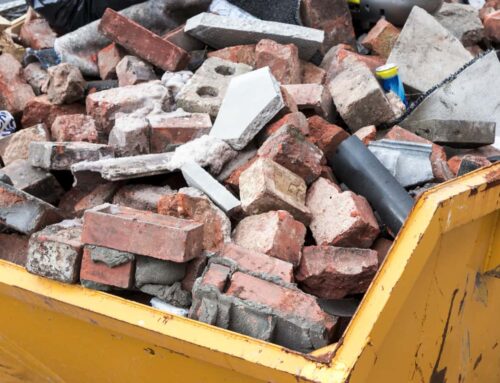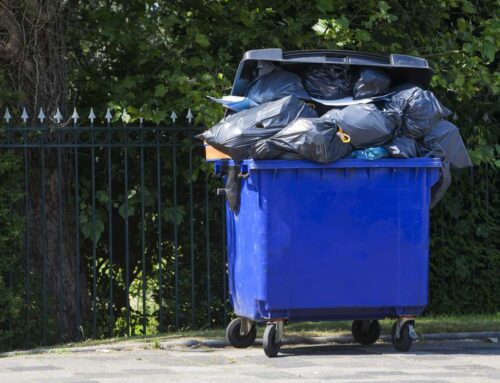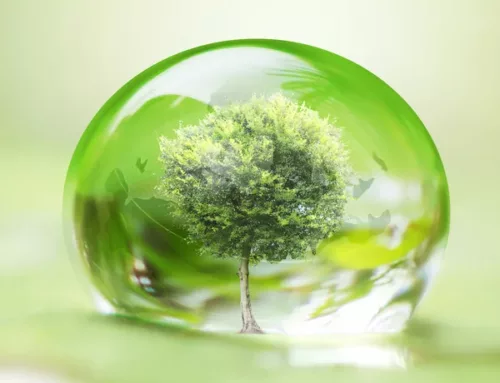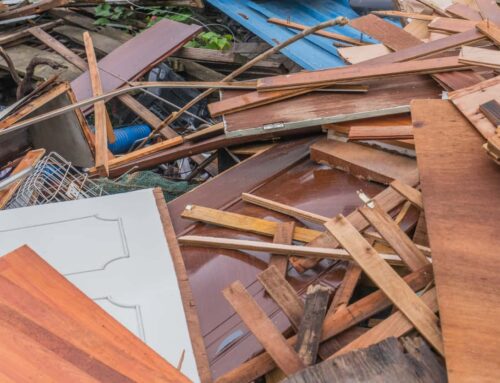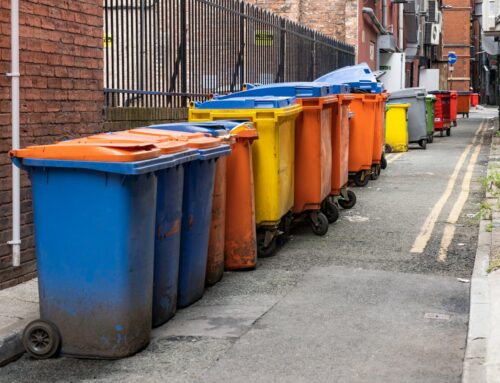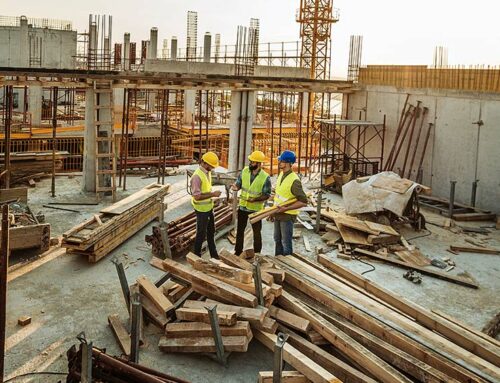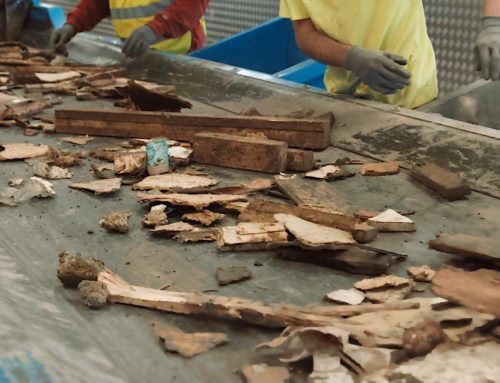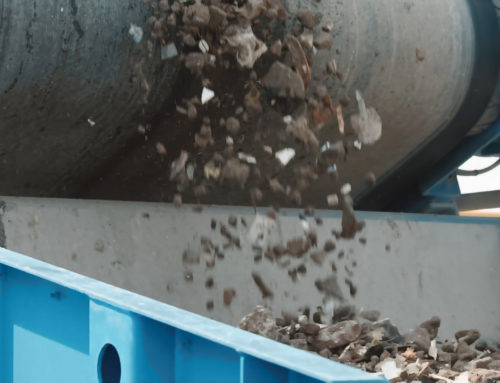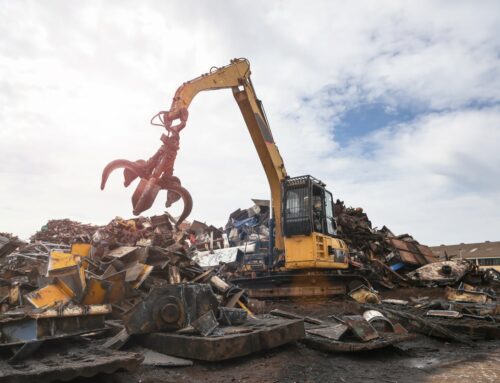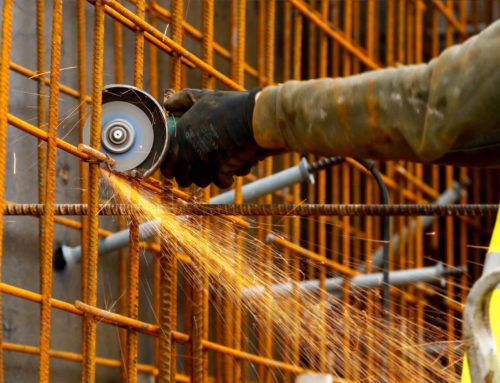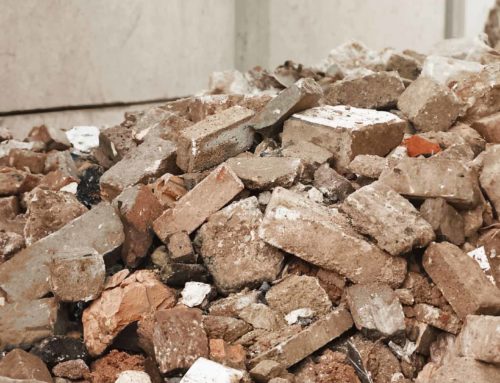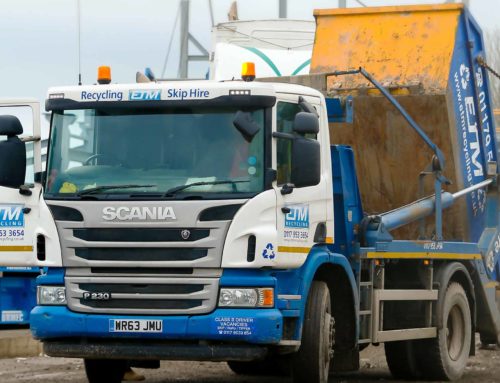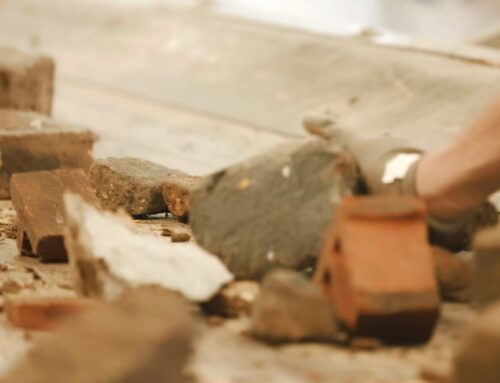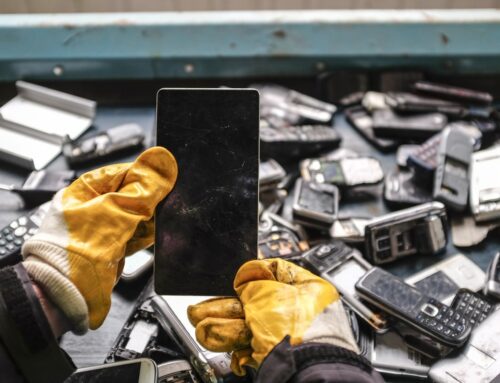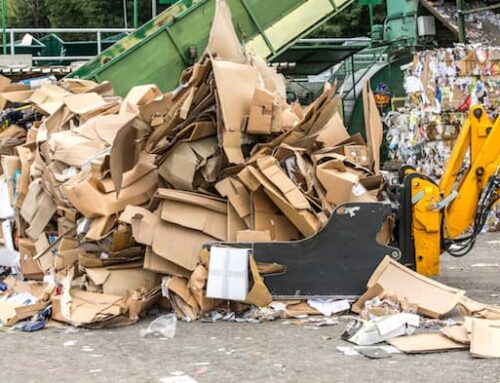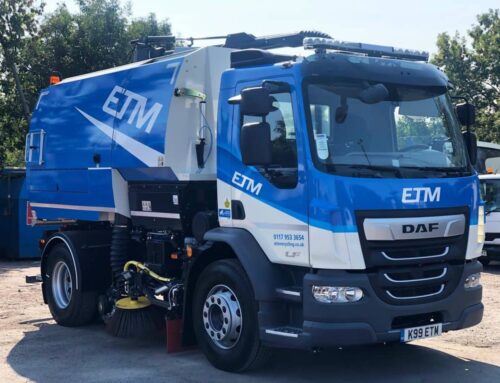Tons of scrap metal is sitting idly in garages and garden sheds up and down the country, when it could be earning you some extra money. The thing is, many people simply aren’t aware of the ability to sell scrap metal or are intimidated by the process of it. But the process is really quite simple. In this blog from ETM Recycling, we’ll explain the process of selling scrap metals and how best to prepare and organise your metal to get the best value for money.
What is scrap metal?
Scrap metal refers to any type of object, appliance, or machine that is perhaps damaged but contains metals of some value. Many recycling facilities and scrap yards will take this off your hands in trade for rebates. Why? According to HSE, “the greater part of the scrap and metal recycling industry processes ferrous and nonferrous metal scrap into vital secondary raw material for the smelting of new metals.”
What kind of scrap metal can I sell?
You might now be sitting here wondering what items from your household you can salvage and sell for scrap metal. You’ll be pleased to know that many ordinary items collecting dust around your home and garage can bring in good money for the metals they contain. This includes broken appliances such as washing machines and fridges; old auto parts, including the bolts, nuts, and screws they might come along with; and unused plumbing fixtures and electrical wiring.
It’s a good idea to get familiar with the types of metals around so that you can learn to spot them when organising what to sell as scrap. Some of the most common include:
Copper: A reddish material typically found in household appliances such as washing machines, microwaves and dishwashers, and plumbing fixtures and wiring.
Steel: An iron-chromium allow typically found in appliances such as stoves, refrigerators, washing machines, and utensils.
Brass: A Zinc-copper alloy found in locks, doorknobs and hinges, decorative ornaments, and plumbing fixtures.
Aluminium: A lightweight metal found in household appliances such as fridges, dishwashers, and microwaves along with modern car parts.
How much money will scrap metal get me?
As with any commodity, the value of metal fluctuates in the day-to-day market which makes it hard to give a general price for the different types of scrap you can sell. Generally speaking (aside from the obviously expensive gold, silver, and platinum) the most valuable types of metal includes ferrous metals such as copper and brass, with non-ferrous metals such as iron being less valuable.
Once you’re ready to sell your scrap metal, you can check the going rate for metals on various websites by doing a quick Google search. This will help you get a good idea of how much to accept from the facilities you sell to – although it’s important to remember that prices could differ depending on where you live.
How to prepare and organise scrap metal
To get the best value for your scrap metal, you’ll want to prepare and organise it as best you can. Not only will this lead to less work for the buyer, which they will appreciate and perhaps take into consideration when creating an offer, but it will also help to ensure you haven’t missed any hidden metal. For example, some appliances contain metal inside them that are more valuable than the outer materials might suggest.
Here are some tips on how to best prep your scrap metal:
- Dissemble any appliances to reveal any internal materials that could prove to be valuable.
- Clear out any pipe blockages or build up within appliances
- Try to separate the materials into separate metal types or ferrous or nonferrous metals. Some metals such as copper have a higher value, but they could go unnoticed if you present them mixed with other recyclables. An easy way to sort ferrous metals from nonferrous metals is by using a magnet, ferrous metals are magnetic, while non-ferrous ones are not. If you aren’t taking the scrap metal to the buying facilities right away, you’ll want to make sure that you store them properly. This is because ferrous metals can rust when exposed to water and oxygen over time. Rust can eat away at metals which could lower its weight and therefore the monetary amount you could receive. Storing in low-moisture rooms can help avoid this.
What not to do when selling scrap metal
When it comes to selling scrap metal, there are a few important things to keep in mind.
- Don’t collect scrap metal from others: While it’s fine to sell scrap metal from your home or vehicle, it’s illegal to go around collecting scrap metal from others, unless you have a license. This means that taking scrap metal from your neighbour’s garden, skips, and abandoned sites are all prohibited.
- Don’t accept cash for your scrap metal: As part of the Scrap Metal Dealers Act 2013, it’s illegal to pay cash for scrap. So, if you’re taking your scrap to a dealer who offers to pay you in cash, definitely turn the other way. Electronic payments are the most common form of payment.
- Don’t sell to buyers without a license: Whether it’s someone knocking on your door or you’ve found someone online, it’s important to check they have a license. This will ensure that you are both following the law, you are getting the best price from a registered organisation, and that your scrap metal is being disposed of in the correct manner.
Where’s the best place to sell scrap metal?
The best way to ensure you are getting the very best deal for your scrap metal is to go to a reputable licensed dealer. Unlicensed vendors are notorious for offering prices far less than the metals are worth. You’ll need to do your research to find centres that are willing to buy the type of scrap metal you wish to sell.
Recycling scrap metal in Bristol and the South West
At ETM Recycling we specialise in metal recycling, diverting over 1000 tonnes a month from skip waste delivered to our site. We have invested heavily in our metal recycling capabilities. Our state-of-the-art transfer station is equipped with overband magnets of various sizes and eddy currents, allowing us to segregate and recycle both ferrous and nonferrous metals.
If you are looking to sell your metal from a reputable and licensed recycling site, then please give our expert metal recyclers a call today.
